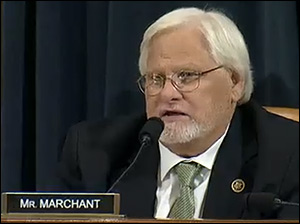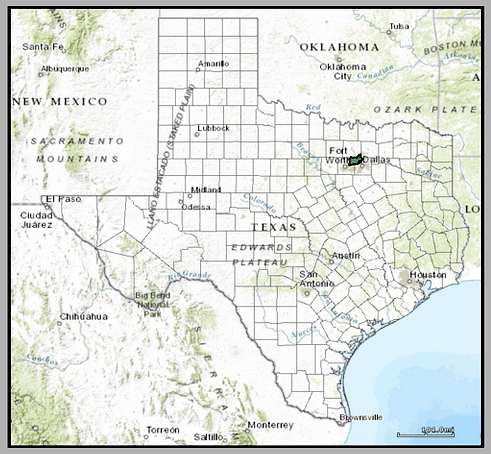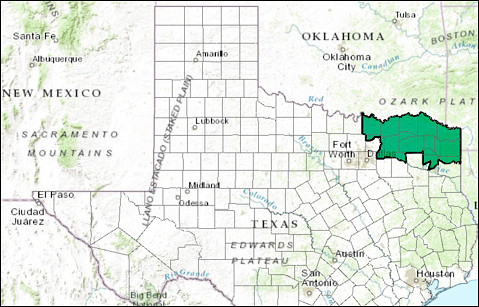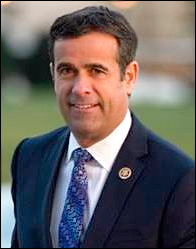By Jim Ellis

Scott Timko (R) | Rep. Connor Lamb (D)
Rep. Lamb, who campaigns as a moderate Democrat, defeated state Rep. Rick Saccone (R) by 755 votes in an early 2018 special election and knocked out then-Rep. Keith Rothfus (R) 56-44 percent last November, could face a novice Republican candidate in his 17th CD where Donald Trump slipped past Hillary Clinton, 49-47 percent.
Former Air Force pilot and local small business owner Scott Timko (R) declared his candidacy on Friday in a campaign that could become interesting. If Timko raises enough money to become competitive, the district voters appear to be much closer to he and Trump ideologically than they are to the national Democratic agenda.
Rep. Lamb keeps his distance from the national Democrats, but Timko is already attempting to push him leftward, pointing out that Lamb supports the national leadership and won’t even accept PAC contributions from private sector corporate employees who voluntarily support their company’s political action committee.
The 17th District was created in the Pennsylvania state Supreme Court’s early 2018 mandated congressional district re-draw. Just about three-quarters of the district’s population resides in Allegheny County, and covers the outer Pittsburgh suburbs from northeast of the city all the way around to the southwest. CD-17 also includes all of Beaver County that stretches to the Ohio border, and a sliver of Butler County.
As mentioned above, President Trump won a close victory within the 17th District confines, hence Lamb’s 2018 victory margin over Rep. Rothfus was more substantial than expected. Under the court’s redistricting plan, the new 17th contained 56 percent of the territory that Rothfus represented for three terms in his original 12th District, while Lamb had only 20 percent carry over from the 18th District to which he was elected shortly before the new map was created.








